Category: Tax Queries
-
What will happen if you evade paying taxes

If taxes are avoided, the consequences can be severe and include penalties, interest on the unpaid amount, and legal action. Here are the specifics based on the provided context: It is important to comply with tax laws to avoid these penalties and additional charges. If you are facing difficulties with tax payments, it is advisable
-
What are tax on dividends income

The tax on dividend income is addressed in the provided context under different sections of the Inland Revenue Act: These excerpts from the Inland Revenue Act provide details on how dividends are taxed, including the rates, conditions for exemptions, and the distinction between dividends paid by resident and non-resident companies
-
What are the regulations for tax exemptions?
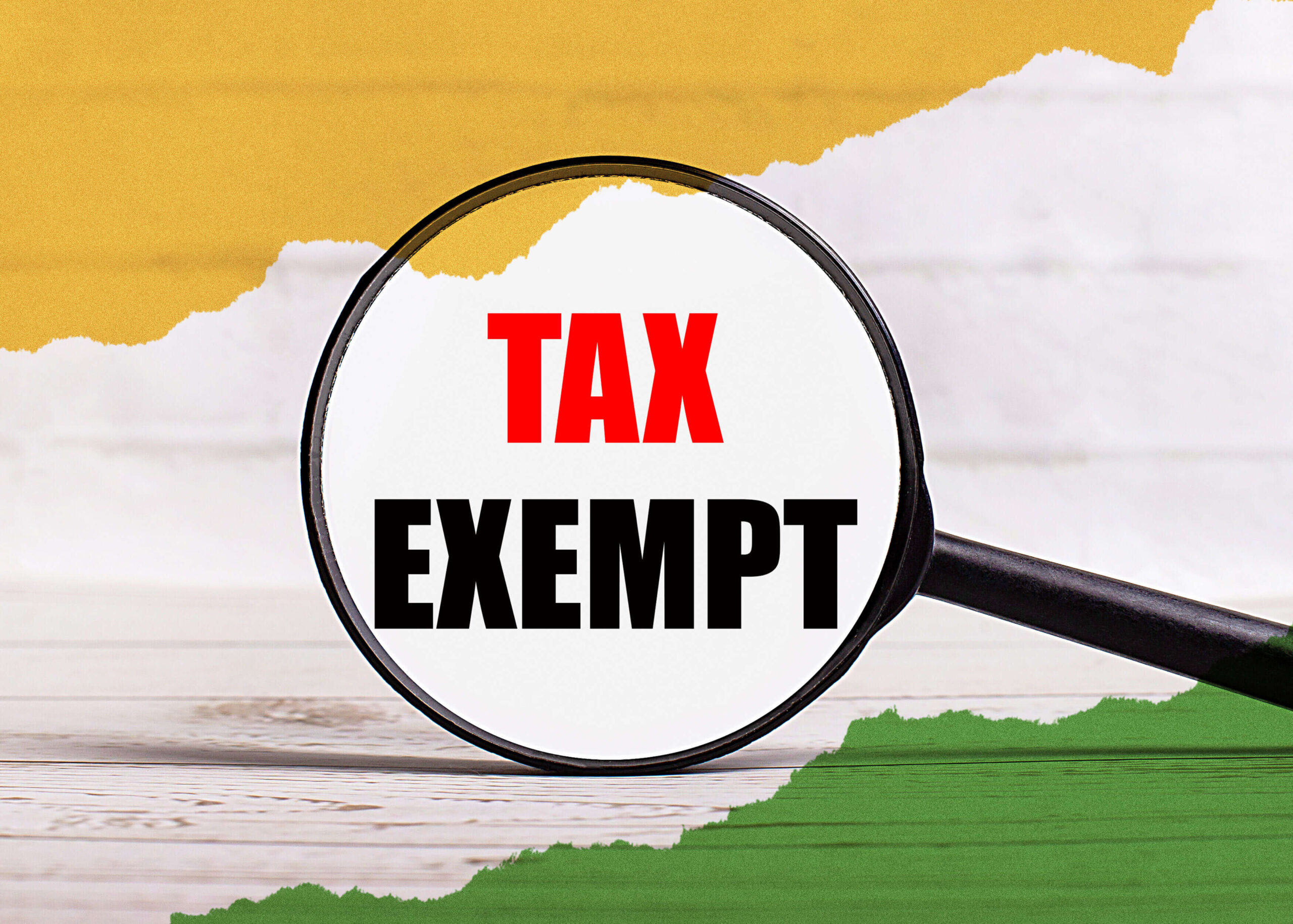
Based on the provided context, there are several regulations for tax exemptions in Sri Lanka, which include: Please ensure to consult the latest tax guidelines or a tax professional for the most current and detailed information, as tax laws and regulations can change frequently.
-
How to apply for a tax relief?
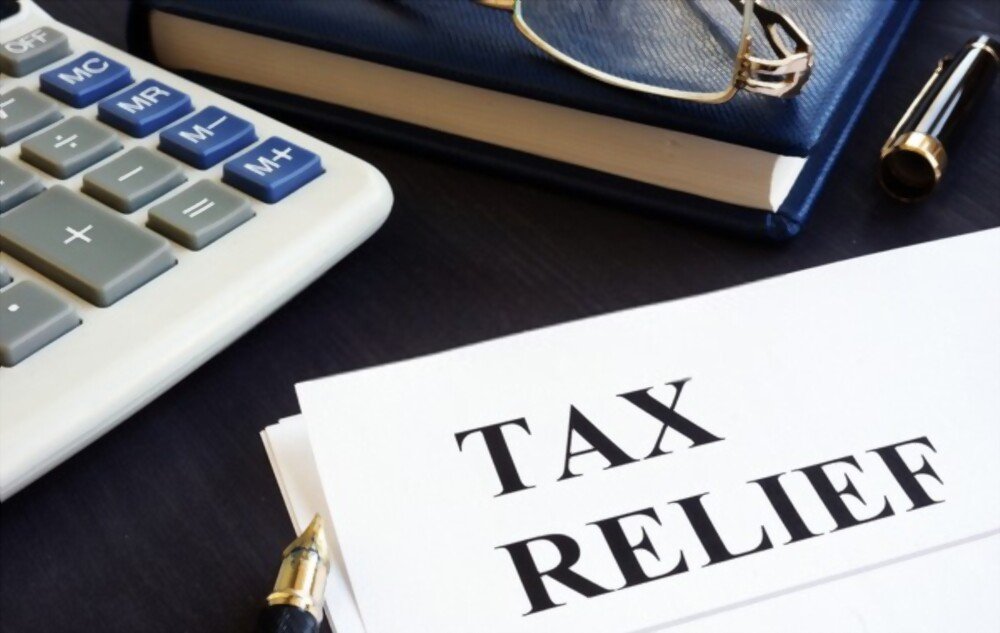
To apply for tax relief, you would typically need to follow these steps: For specific instructions and guidance, refer to the tax authority’s official guides or contact their support services for assistance. In the context of Sri Lanka, you can reach out to the Taxpayer Service Unit (TSU) for help with registration as a taxpayer,
-
How can foreigners avoid paying tax in Sri lanka?

Foreigners can avoid paying tax on certain types of income in Sri Lanka by meeting specific conditions outlined in the Inland Revenue Act. Here are some ways based on the provided context: It is important for foreigners to consult with a tax professional or refer to the Inland Revenue Act for detailed advice tailored to
-
Tax on Interest Revenue
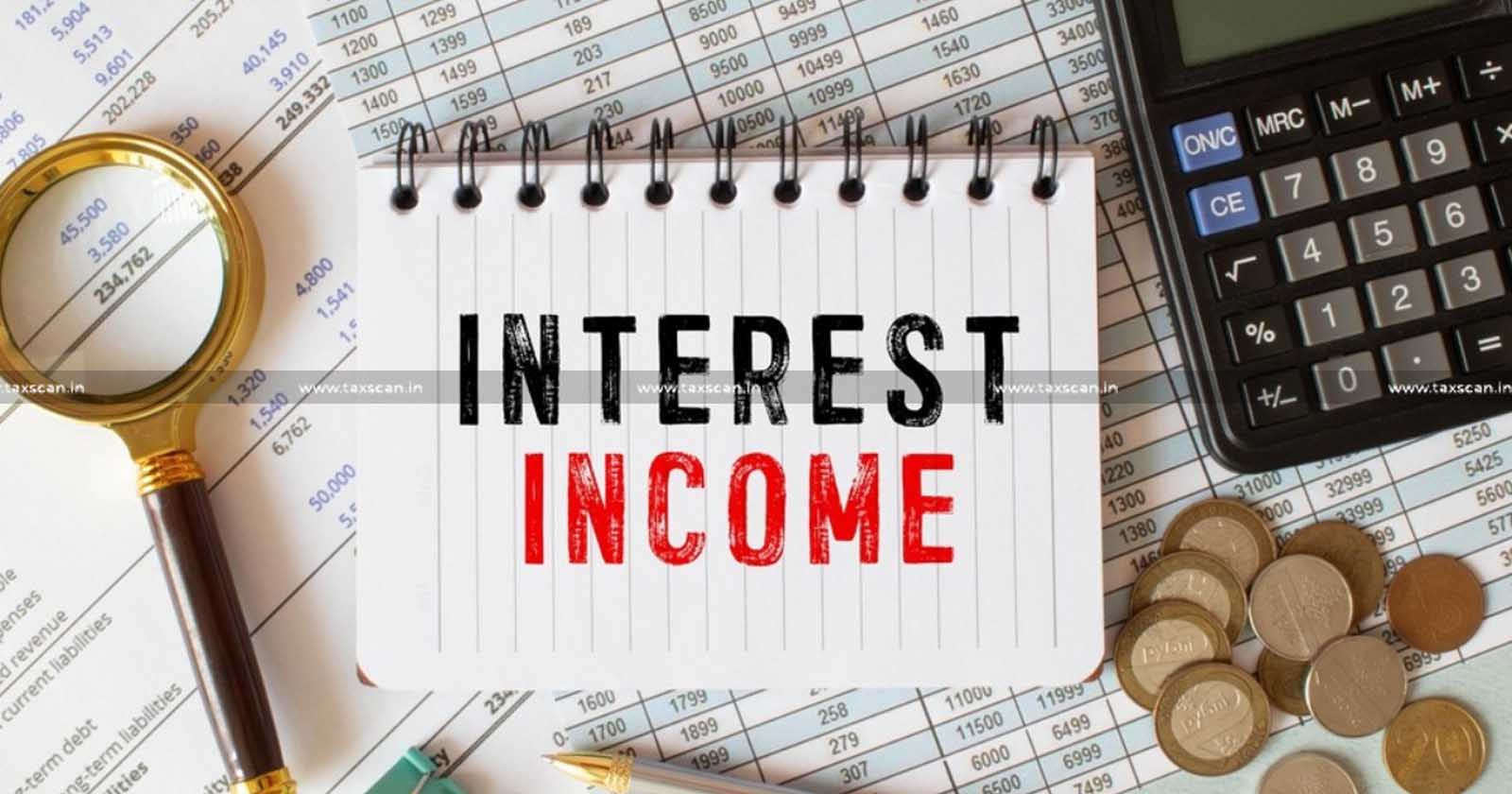
Interest revenue is subject to taxation under various conditions as outlined in the Inland Revenue Act, No. 10 of 2006. Here are some key points regarding the tax on interest revenue: These points provide an overview of how interest revenue is treated for tax purposes according to the Inland Revenue Act of Sri Lanka. Specific
-
Income tax on Rent

Income tax on rent is applicable under the Inland Revenue Act. Here are some key points regarding the taxation of rental income: It is important to consult the Inland Revenue Act or a tax professional for detailed information on how to report rental income and claim any applicable deductions or reliefs.
-
How to reduce tax in Sri Lanka?

To reduce tax in Sri Lanka, individuals and entities can utilize various deductions, credits, and allowances that are legally available within the tax system. Here are some ways to potentially reduce tax liability: It is advisable to consult with a tax professional or refer to the Inland Revenue Department for specific guidance tailored to your
-
Penalties For Evading And Making False Tax Returns?

Penalties for evading and making false tax returns are serious and can include both financial penalties and imprisonment. According to the information provided: It is important to comply with tax laws and regulations to avoid these penalties. If there is any uncertainty or need for clarification, it is advisable to consult with a tax professional
-
Income Tax Qualifying Payments and Reliefs for Individuals?
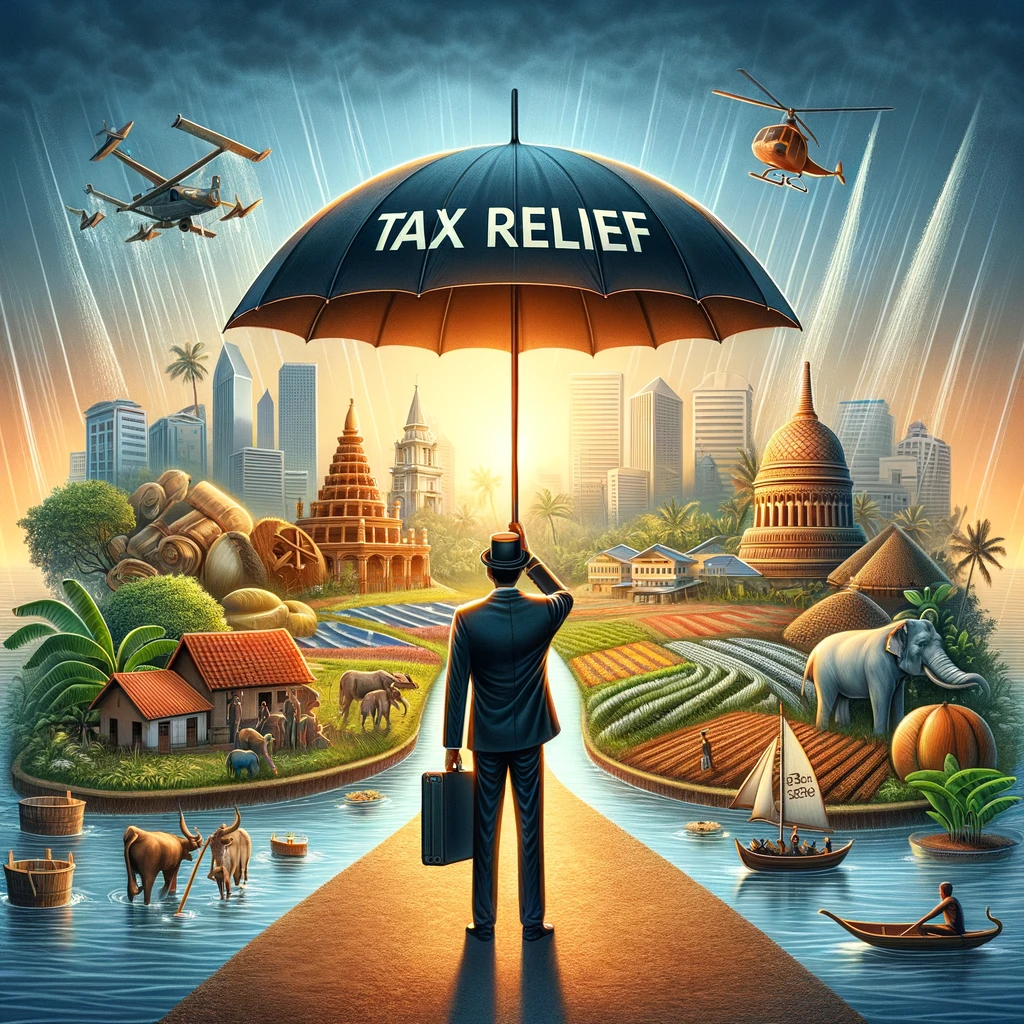
Qualifying payments and reliefs for individuals in terms of income tax are provisions that allow taxpayers to reduce their taxable income. Based on the information provided: It’s important to note that these figures and provisions are subject to change, and individuals should refer to the latest tax guidelines or consult with a tax professional for
-
When Should You Pay Your Income Tax?
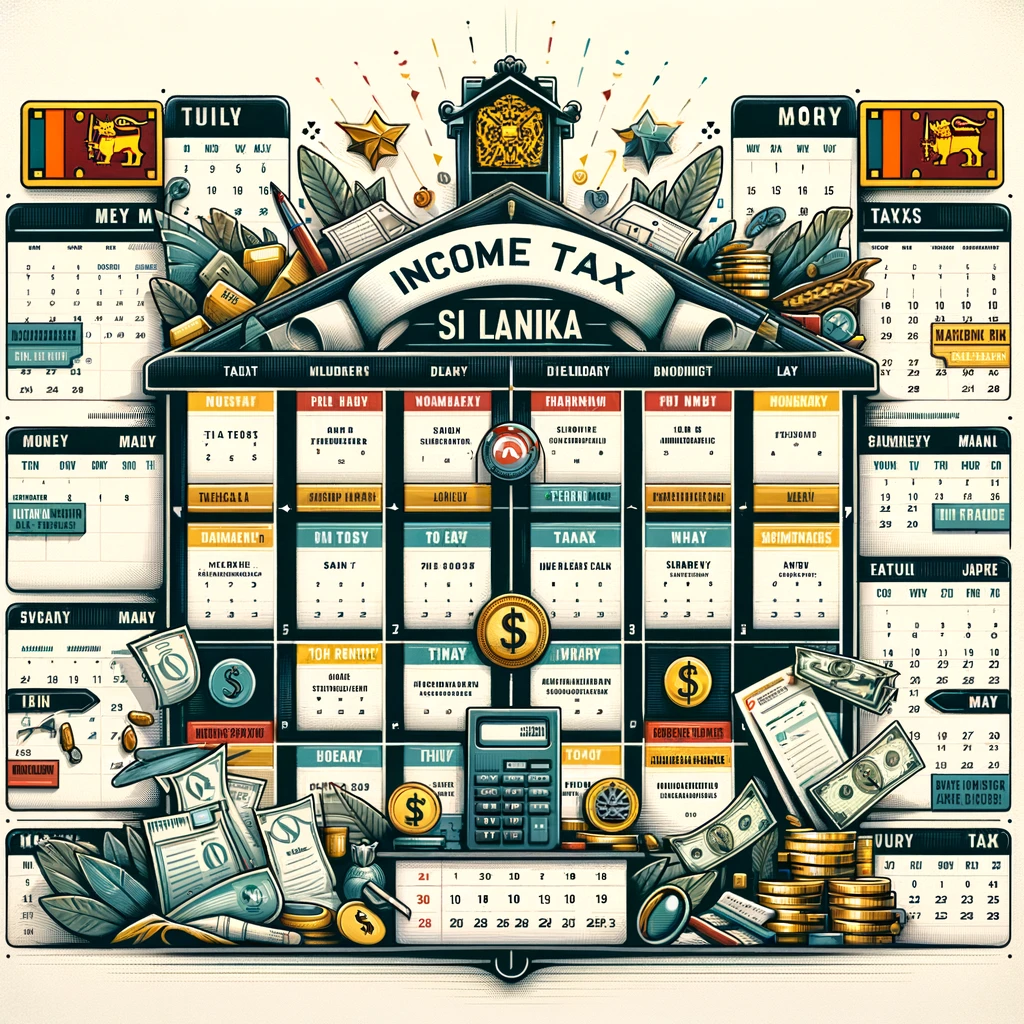
You should pay your income tax based on the payment period applicable to you. For example, if we look at the Corporate Income Tax (CIT) payment periods provided in the context, they are structured as follows: Additionally, there is a final payment for the period from 01 April of the previous year to 31 March
-
Value added Taxes payable by the importers?

The Value Added Tax (VAT) payable by importers in Sri Lanka is charged, levied, and collected as if it is a customs duty on all goods imported into Sri Lanka. This means that VAT is applied to the importation of goods in a similar manner to how customs duties are applied, and all imported goods
